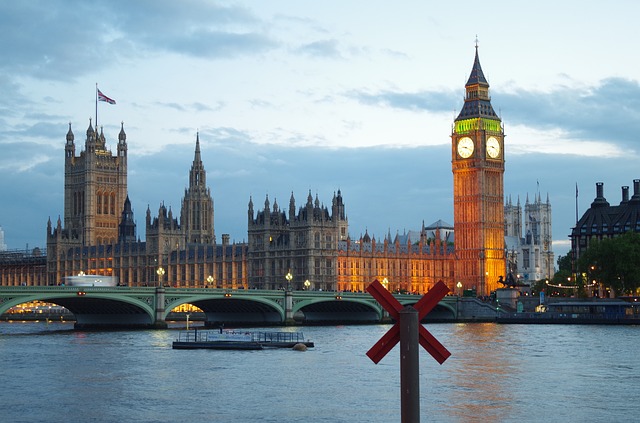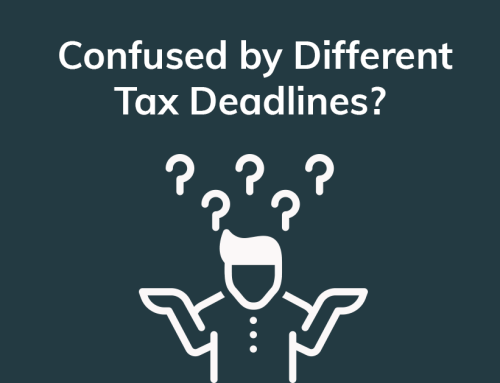It was the last budget announcement before the general election on 7th May, so the Chancellor did not pull any punches in trying to score some political points.
Strong economic performance means that debt as a proportion of national income will fall. Some expected this would bring some giveaways, but they were left empty-handed as the Chancellor stuck to his fiscally-prudent guns and to pay down the deficit. Despite this, there were some wins for taxpayers, with savers, first-time buyers and the oil and gas industry getting a boost.
Tax-Free Allowance Rise
A boost to the personal allowance, the income which can be received tax-free, to £11,000 from £10,600 is disappointingly over a 3-year period rather than immediately, with a step increase of £200 per year over the next 2. The £200 increase could be worth £45 per year to a contractor with a high dividends/low salary remuneration strategy. Last year, the Prime Minister outlined plans to ensure higher rate tax was not payable by those earning less than £50,000 by 2020. Under plans set out in the Budget the level at which higher rate tax is paid will increase to £42,385 next month, £42,700 in April 2016 and £43,300 in April 2017. Officials said the rate would rise further to £45,020 in 2019.
Married Couples and Civil Partners Share Allowances
Married couples and civil partners are able to pass unused personal allowance, providing the recipient is a basic rate taxpayer. The maximum amount that can be passed is £1,100. A spouse/civil partner earning less than £10,600 could pass over the allowance, which at the maximum could save £220 for a basic rate taxpayer.
Troubled Oil and Gas Get Breaks
There was a welcome and timely boost to the Oil and Gas industry. A combination of tax cuts and allowances, headlined by a reduction in the unpopular supplementary charge, was announced to stimulate investment and increase production by 15% by 2020. The cuts could be worth £1.3bn, and could give a new life to old ageing fields. The supplementary charge to oil and gas producers, on top of corporation tax, was reduced to 20% from 30%. The petroleum revenue tax on older fields was cut from 50% to 35%. HMRC claimed that these steps would encourage £4bn in investment in the industry. Concerns abound that without that investment, mature fields nearing the end of their lives would be abandoned, with 000’s of workers losing their jobs. Such investment across the North Sea Basin will qualify for a 62.5% investment allowance; a reduction in tax for the companies involved in production.
National Insurance Boost for Self-Employed
For those in business as sole traders or in partnership, the class 2 national insurance of £2.75 per week will be abolished, saving £143 per year to those earning over £5,885 per year.
Savers Get Interest Boost
For basic rate taxpayers who are savers, there will also be a new exemption for the first £1,000 of savings income. This means that over 95% of the population will no longer pay tax on their savings income. This could be worth £200 per annum to savers with large deposits. Higher rate taxpayers will have an allowance of £500, whilst additional rate taxpayers are unaffected.

Pension Tax Relief Cap Falls
Hard luck for those with large pension pots; the lifetime allowance for pensions will be reduced from £1.25m to £1m from 2016/17. On the plus side, the threshold will be index linked to inflation from 2018. The annual contribution limit for tax relief remained at £40,000, which can however be carried forward if unused in the previous year.
Pensioners will be able to trade in their annuities for cash pots, with the 55% tax charge abolished and tax applied at their marginal rate, a further liberation of the pension system allowing more control of the pot accumulated.
The Tax Return is Dead; Long Live the Tax Return?
News emerged ahead of the budget that tax returns were to be abolished. HMRC and the government are certainly looking to digitise their systems, and personalised and real-time information is their goal. Online accounts would detail income and tax owed, pre-populated with information from other sources, via PAYE, pension providers, etc. Taxpayers or their agents would check the information and add income, deductions and reliefs HMRC does not record. Those familiar with similar systems run by HMRC will be filled with fear, so some work will be required in the 5 years before this is launched. The death of the tax return may be exaggerated.
First Time Buyers Get Helping Hand
Welcome news for first-time buyers, with a new ISA launched which will top-up 25% of savings. The ISA is opened with £1,000, with the government adding in £250. Savers can then put aside up to £200 per month, which would be topped up by £50. The maximum that can be saved is £12,000, which would realise as £15,000. The minimum is £1,600, which would gross as £2,000. This is per person, rather than per house purchase, so couples can enjoy double the benefit.
Conventional ISA accounts will become more flexible, with savers able to withdraw and replenish an ISA account without it counting towards the annual allowance of £15,000.
Northern Powerhouse
The Chancellor outlined his vision for a Northern Powerhouse, whilst delivering glowing reports on the success of the Northern regions. Yorkshire was identified as creating more jobs than the whole of France, whilst a job was created in the Midlands every 10 minutes. Also announced as part of the budget were plans to invest £11m in creating technology hubs in Manchester, Leeds and Sheffield.
The sites will offer co-working space, meeting spaces and educational resources to entrepreneurs working in the digital sector.
New Transport Links
This Northern Powerhouse would depend on creating High Speed 3, a £7-10bn rail line that would enable commuters to speed between Manchester and Leeds in under 30 minutes. The Budget asserted that the Government is “committing to build on the concept of HS3 to develop a network of high quality rail connections across the North”. The North is not the only region benefitting from an upgrade to transport – £7bn will also be in invested in transport in the South-West, there will a £100,000 study into reopening the Lewes to Uckfield line in the South-East, and in Wales there will be major schemes such as a review on reopening Plymouth Airport. This is good news for those in the rail industry, as well as for those who have to commute to work.
Summary
The oil and gas industry, first-time buyers and savers were the biggest winners in the final budget before this parliament is dissolved. The Chancellor identified the North of England as driving the UK’s recovery and took further steps to enable the success to continue.
Some will feel the country’s recent performance should have led to further giveaways and perhaps held back the deep cuts that have been planned for public services.
Whether or not this is a good budget for the taxpayer, the public will get their voice on 7th May at the ballot box.
Article written by Sam Price, ACA IIT(DIP) MAAT from ICS. Sam is a Chartered Accountant and tax adviser who specialises in helping our contractors prosper. He achieves this through a proactive and bespoke approach to each client.
This article is for guidance purposes only. For more detailed information, please contact Sam Price at ICS for a bespoke approach to your tax affairs or alternatively speak to your qualified accountant.
















